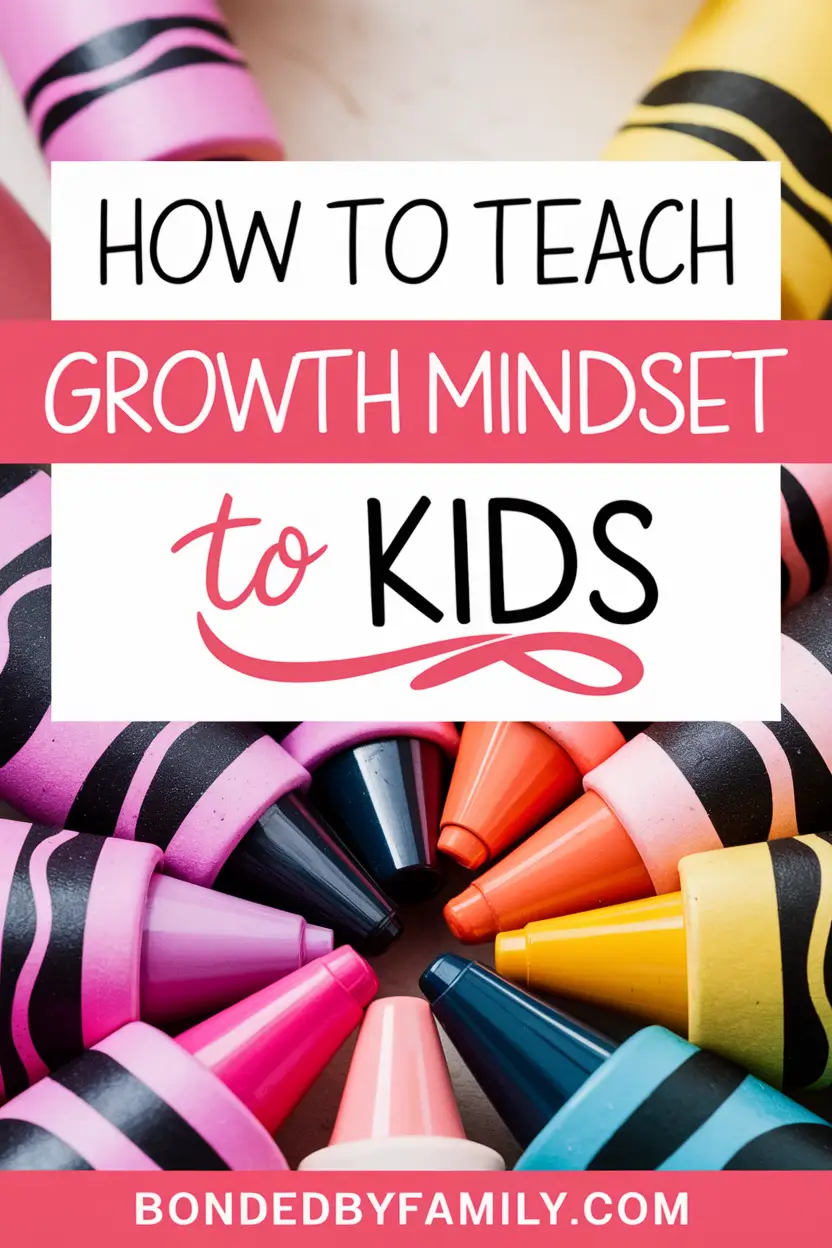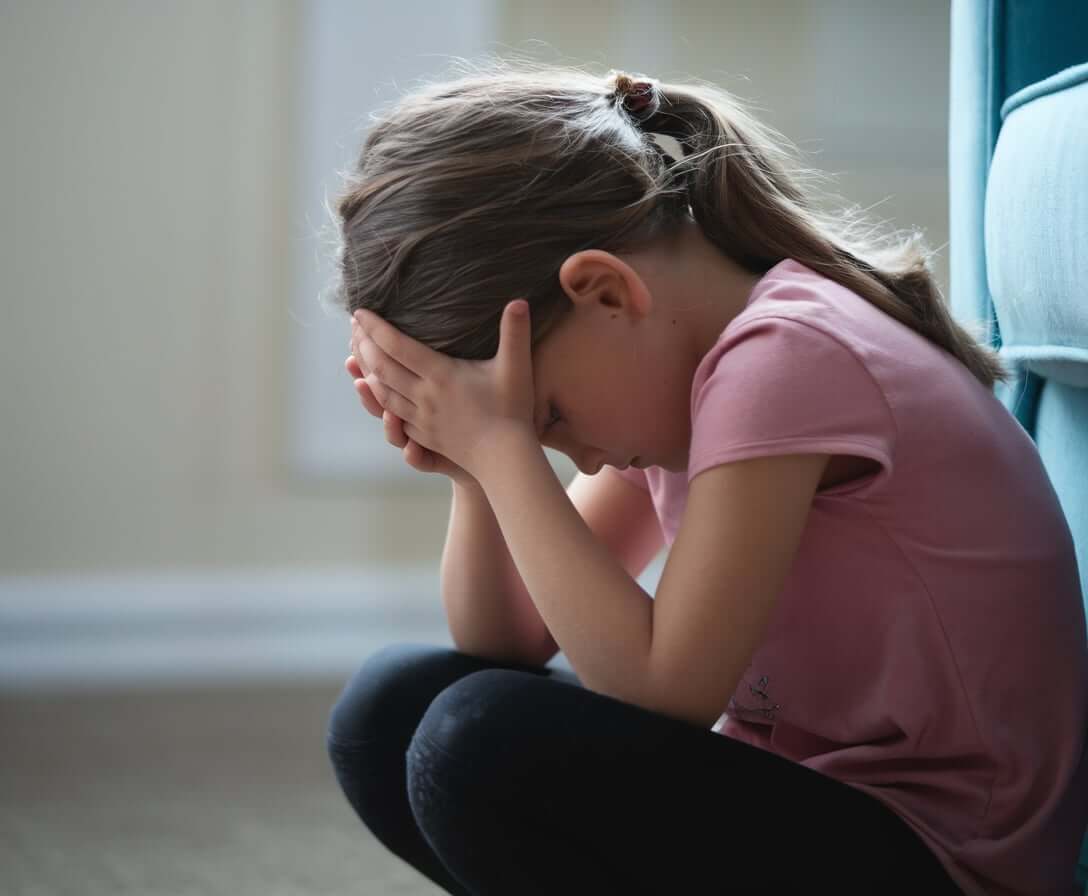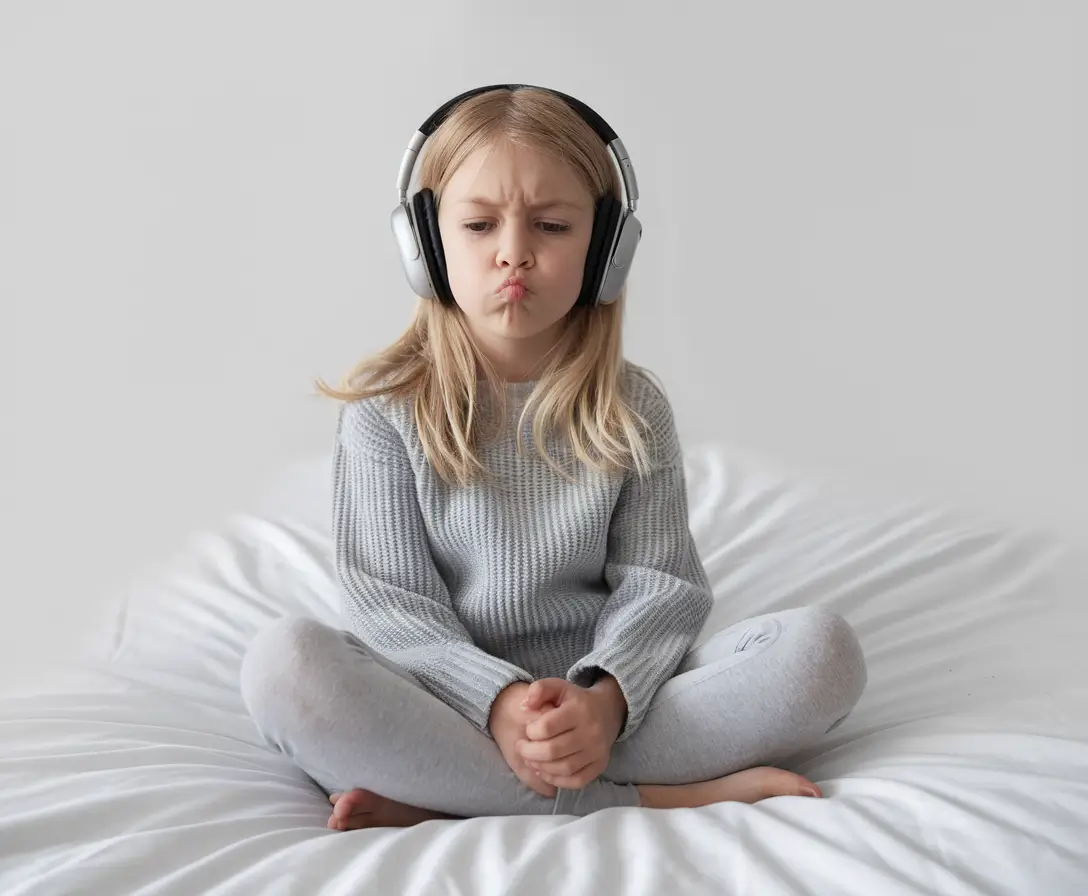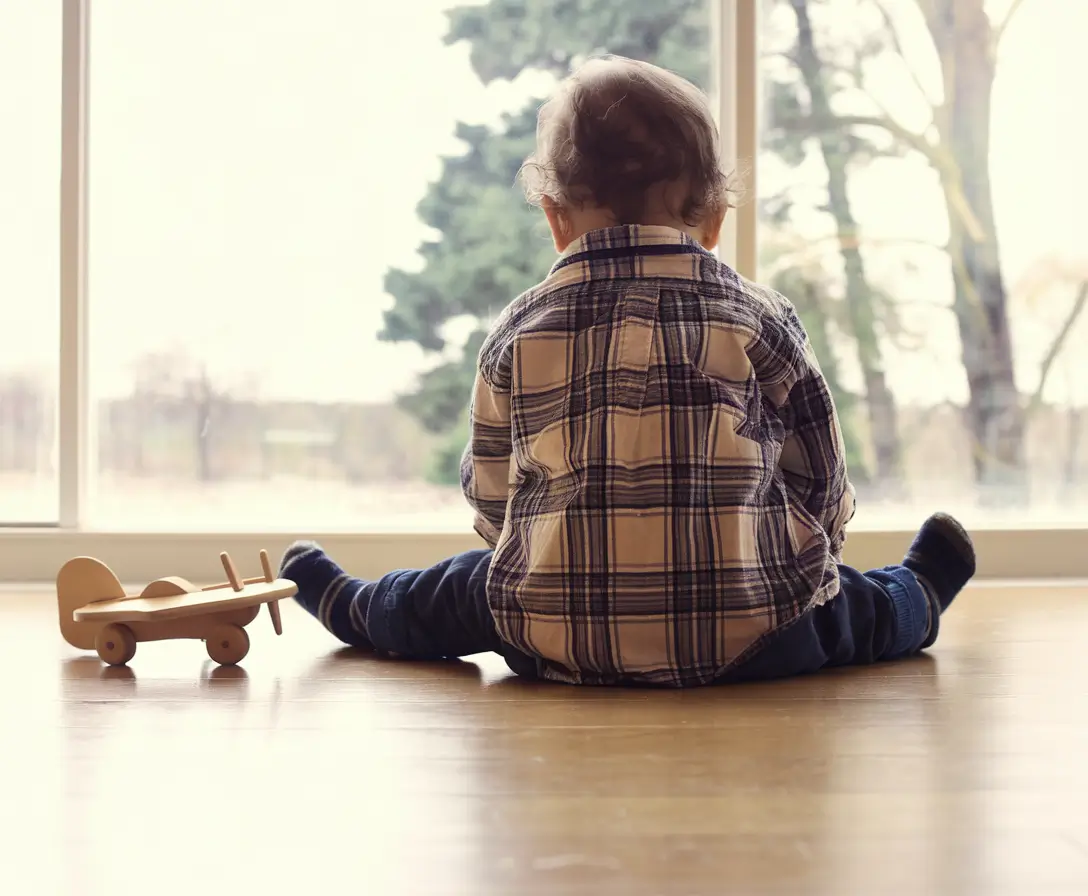Watching your children develop their growth mindset goals for kids can be quite the rollercoaster ride. The other day, I witnessed something that really got me thinking about this whole journey. Picture this: I’m standing in a checkout line, trying not to make eye contact, while a woman ahead of me is flapping her arms and making strange noises at the staff.
The Hidden Cost of a Fixed Mindset
You know what’s even more unsettling than watching someone throw a tantrum in public? Realizing that this behavior often takes root in childhood. That’s right – those seemingly innocent moments when our little ones adopt a “woe is me” attitude can snowball into something much bigger if we’re not careful.
Think about it. When your kiddo faces a challenge, do they immediately look for someone to blame? Do they retreat into their shell faster than a startled turtle? These reactions might be early warning signs that it’s time to focus on developing those crucial growth mindset goals for kids.
Breaking Down the Victim Mentality Cycle
Let’s get real here. Nobody wants their child to become that person who sees catastrophe lurking behind every corner. You know the type – the ones who believe the universe has a personal vendetta against their happiness. Without proper guidance, these thought patterns can stick around longer than that mystery stain on your favorite shirt.
Watch out for these telltale signs:
- Your child regularly channels their inner fortune teller, predicting doom and gloom: “If I join the soccer team, I’ll definitely mess up and everyone will laugh at me.”
- They’ve mastered the art of the blame game: “I only got a bad grade because Jenny was breathing too loudly next to me.”
- Their response to setbacks rivals a Greek tragedy: “This is literally the worst thing that has ever happened to anyone ever.”
- They believe Murphy’s Law is their personal biography: “Of course it started raining. The weather always ruins my plans.”
Nurturing a Growth Mindset: The Path Forward
1) The Power of “I” Statements
Let me share a story that might sound familiar. My usually cheerful nine-year-old recently came home looking like he’d just discovered vegetables in his dessert. The cause? A social studies test that scored a whopping 60%.
Instead of owning the situation with statements like “I could have studied harder” or “I should have asked for help,” he went full prosecutor mode: “The teacher didn’t explain it right! The other kids were too noisy! My computer had it out for me!”
2) The Art of Natural Consequences
Remember the last time you had an epic standoff with your child about wearing a jacket in winter? Or perhaps the classic “I don’t need to use the bathroom before this three-hour car ride” declaration? While our instinct screams to prevent any discomfort, sometimes the best teacher is good old-fashioned experience.
3) Reality Check: The World Isn’t Color-Coded
Let’s talk about the infamous cup color crisis. You know the one – where your child absolutely cannot drink from the blue cup because obviously, water tastes completely different in it than in the red cup. While it’s tempting to just swap the cups and avoid World War III, these moments are golden opportunities for growth.
4) Teaching Assertiveness Without Aggression
There’s a fine line between being assertive and being bossy, and helping our kids navigate this boundary is crucial. When your child comes to you with a conflict, resist the urge to swoop in like a superhero. Instead, guide them toward finding their own voice.
5) Embracing the Power of Struggle
Consider Thomas Edison’s perspective on his lightbulb journey. Rather than seeing 1,000 failures, he viewed it as an invention with 1,000 steps. That’s the kind of mindset we want our kids to develop – one that sees challenges as stepping stones rather than roadblocks.
Charting the Course for Success
Remember, developing growth mindset goals for kids isn’t about eliminating obstacles from their path – it’s about equipping them with the tools to navigate those obstacles successfully. By implementing these strategies, we’re not just preventing public pterodactyl impressions; we’re raising resilient, capable humans who understand that setbacks are just setups for comebacks.
The journey toward a growth mindset might be challenging, but watching your child transform from “poor me” to “watch me” makes it all worthwhile. After all, isn’t that what parenting is all about – helping our little ones spread their wings while keeping their feet firmly planted in reality?
Remember, this isn’t about creating perfect children – it’s about nurturing capable ones who can face life’s challenges with confidence and resilience. So the next time your child faces a setback, take a deep breath and remind yourself: this isn’t a crisis, it’s an opportunity for growth.




